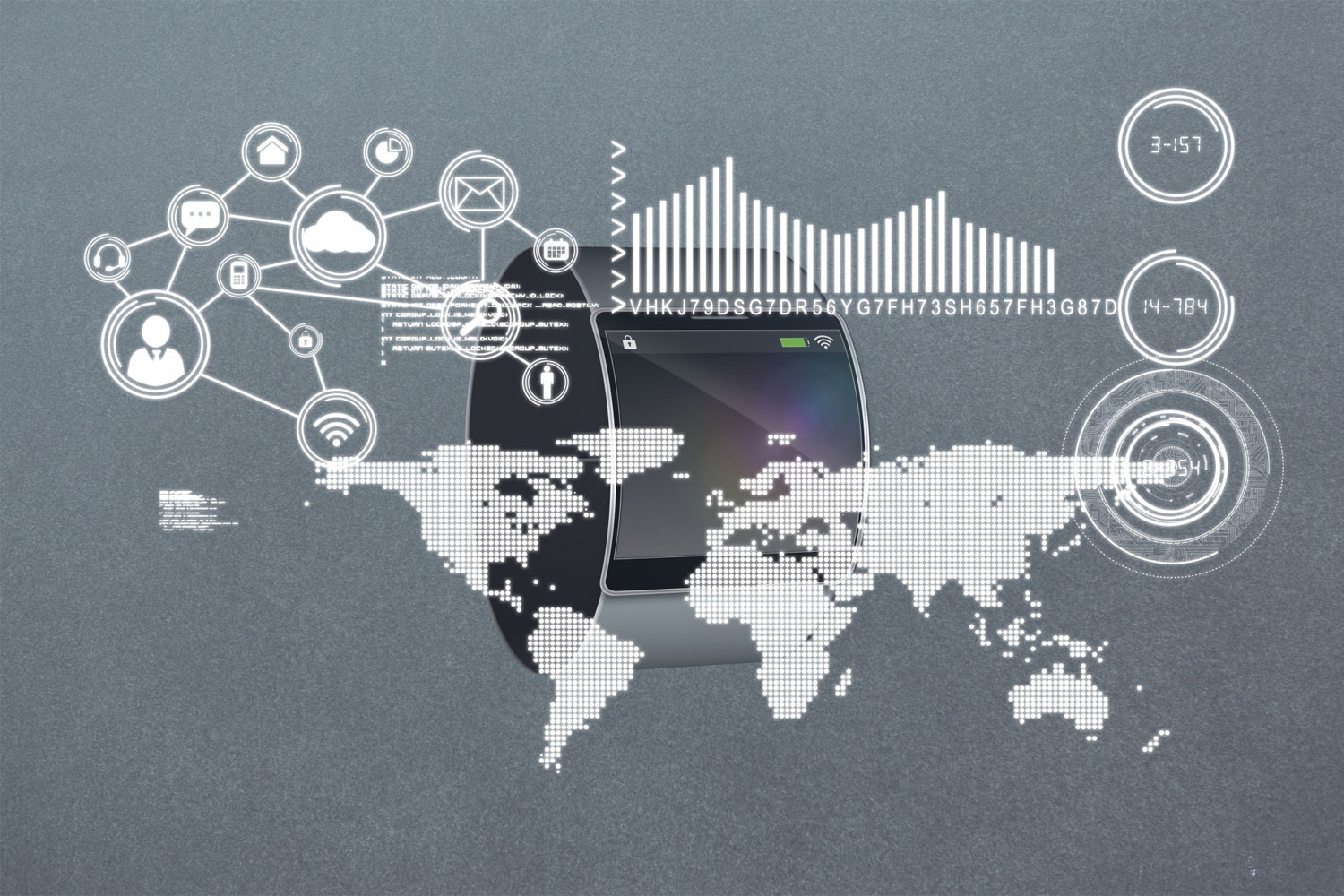
Next Generation Supply Chains
Supply Chain Management (SCM) has been one of the major differentiators of many companies during the recent past. Be it an online retail outlet or a brick and mortar traditional grocery store or a manufacturing company,
it’s the management of supply chain which has been creating the competitive advantage. Well managed SCM reduces the overall cost of operations, increases the response time and improves the customer satisfaction. IT-enabled supply chains with the application of Business Analytics have been revolutionizing the way the network of suppliers to manufacturers to distributors is managed with electrifying speeds, mutual coordination, and cooperation. This trend is going to continue and the future supply chain is predicted to be highly agile, more IT-enabled and totally lean through digital.
The following will be the trends which are going to affect Supply Chains in the next generation.
- Collaborative Information Sharing
- Collaborative Warehousing, Transportation and Distribution
- Domination of Service Chains over Product Chains
- Standardization of Supply Chains
- Faster demand for delivery
- Increased online ordering both by individual and corporate customers
- Micro-level segmentation of markets
- Strategic Partnerships and Alliances
- Innovative Supply Contracts
- Greater price negotiations
- Increased Focus on Supply Chain Profit than on individual profit
- Increased Focus on Green, Lean and Agile Supply Chains
- Changing Consumer Demographics and Consumer Behavior
- Dominant role of Internet of Things (IOT), Telemetry, Cognitive Machine Learning and Big Data
- Increasing role of Block Chain in Supply Chain
Amongst all the above trends, the emergence of new chain in the form of Blockchain is expected to make larger impact on supply chain. The blockchain consists of series of steps like i) Digitization of goods, ii) Capturing the Data through a mobile app, iii) Updating Data, and iv) Exchange of Data. There are many success stories of companies which got benefitted through the application of Big Data and Blockchain in their supply chains. DHL is one such company which used some of the most innovative supply chain solutions using Big Data, Blockchain and Analytics and saved millions of dollars across various sectors of its operations.
The six key findings of next generation of supply survey done by PricewaterhouseCoopers (PwC) also reveals that there is going to be much greater role for IT-enabled supply chain. These key findings are, i) Companies which implement supply chain will achieve 70% higher performance, ii) Leaders focus on best-in class delivery, cost and flexibility to meet increasingly demanding customer requirements, iii) One size does not fit all – Leaders tailor their supply chains to the needs of diverse customer segments, iv) Leaders outsource production and delivery but retain global control of strategic functions, v) Leaders in mature and emerging markets invest more heavily in differentiating supply chain capabilities, and vi) Growing Interest in next-generation technologies and sustainable supply chains.
Companies which adapt their supply chains in tune with the above trends will achieve competitive advantage and sustainability. This adaptation needs lot of structural level changes and continuous monitoring of their implementation at all levels.
References: 1) Capgemini Consulting Report, 2016, 2) KPMG – 2017 report on Supply Chain Big Data Series, 3) PwC Global Supply Chain Survey 2013




